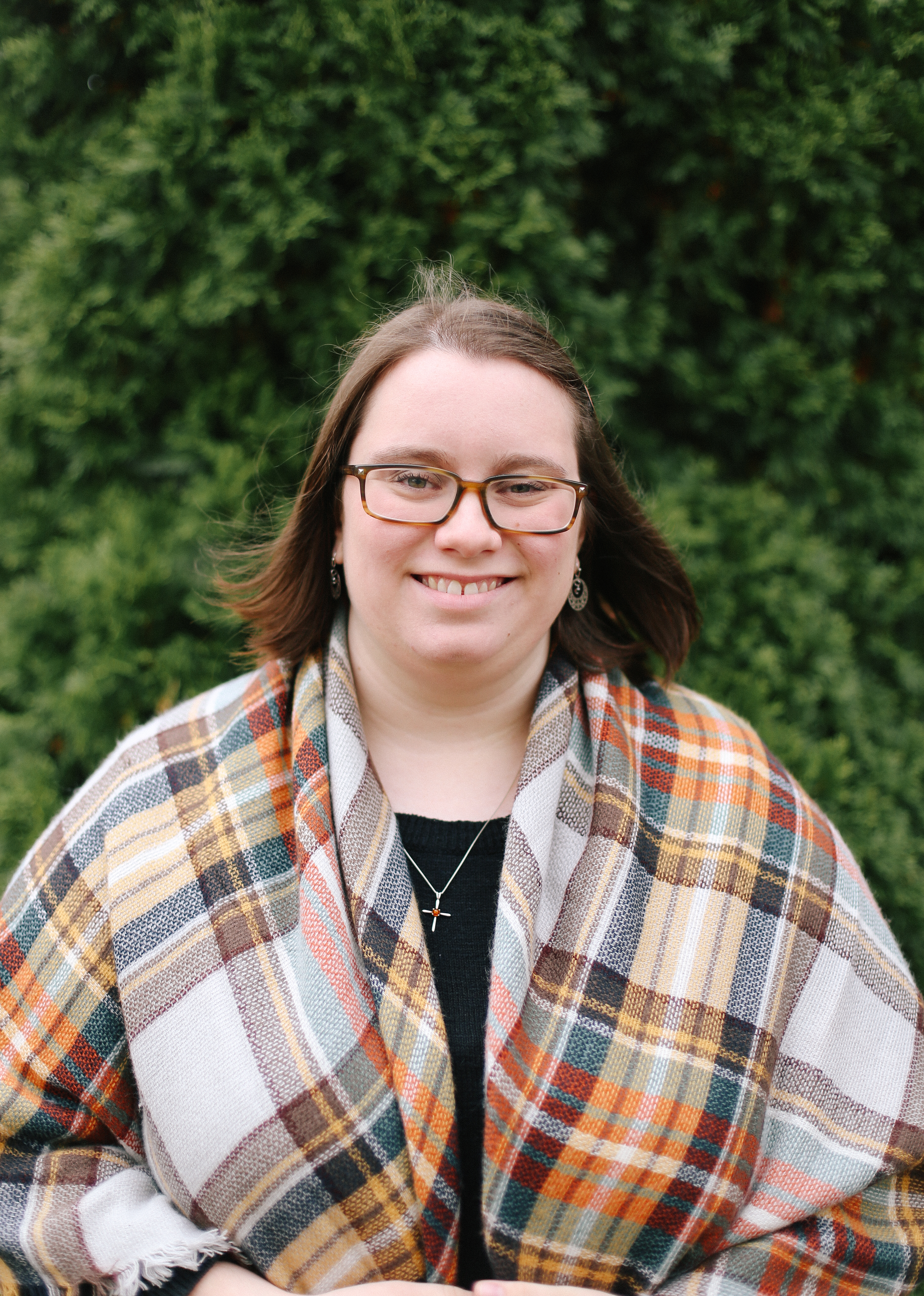By Megan Gieske, Staff Writer
“When I think about my life or [about] the environment I grew up in, I don’t think of myself as the type of person who would get PTSD.”
The church, including Christian college campuses like Asbury, should be the most welcoming to people who have been broken. But sometimes in the church, people suffering behind the barriers to understanding of various mental illnesses are not always handled with grace and understanding. So often, we forget that our minds are “a little bit broken sometimes,” as junior Tori Hook so delicately put it.
[column size=two_third position=first ]For Tori Hook, mental illness may have been the part of her testimony that pushed for the most upwards growth in her life. But mental illness is not the word that defines her testimony.
Since six-years-old, Hook’s had anxiety: anxiety at bugs, generalized anxiety disorder, social anxiety . . . . “I’d get treated. [Then] I’d be fine. [But] as soon as one [anxiety] was treated, another would come back,” said Hook. She began to ask herself, “Why do I have so much anxiety?” For Hook, who came from a “very loving, very comforting” environment, she said “it just didn’t make sense.”
Though Hook described her confusion at having anxiety, she said she came to college “like everybody else” and began her freshman year at Asbury University. But her anxiety became a hurdle she couldn’t overcome. From what were unmistakable barriers of her social anxiety, Hook described “awkwardly” sitting by herself in the cafeteria or alone in the back of her classes.[/column]
[column size=one_third position=last ]
“My mind was doing things that I had very little control over,”
[/column]
But October of her freshman year, that social anxiety gave way to an intense, unforeseen pain, that for Hook was unknowable. Trauma had ripped a hole in her memory.
“There were things I [had] shoved into the back of my mind,” said Hook. With a look of terror, she told me how she begun having vivid flashbacks and nightmares of childhood sexual abuse by a church member. Until then, this hole had never been filled by her traumatic memories, memories that she did not even know she had.
“When the flashbacks started, it was almost a deconstruction about everything I believed about my self, my life this far and even God,” said Hook.
From this torn hole in Hook’s memory, her mind tried desperately to heal itself. To soften the blows the trauma dealt, she had medications prescribed with progressively worse side effects: insomnia, depression, suicidal thoughts and even suicidal actions. The panic attacks following her flashbacks that often occurred three or four times a day and lasted for hours were the most horrific result of the traumas.
[column size=two_third position=first ]“My mind was doing things that I had very little control over,” said Hook.
May of the following summer break in-between Hook’s freshman and sophomore years of college, a doctor diagnosed her with chronic post-traumatic stress disorder or PTSD.
“One of the first things my counselor told me,” said Hook, “was [that] just like someone who had a chronic illness would have to do life a little bit differently or carefully, there was something in my mind that was sick, and it wasn’t my fault.” Hook added, “I had to be [as] gentle with myself as I was with someone [who was] sick.”
Many nights, Hook described sitting in her dorm room, where she’d throw pillows, anything, at the wall. “I don’t understand why, if you’re a good God, you’d let this happen to me or anyone, especially a child,” she thought. “Where were you?” Hook told me she’d asked God, earnestly.
“I’ll be honest with you,” Hook told me, this time looking me straight in the eye. “He didn’t answer the ‘Why?’ but he did answer the ‘Where?’”[/column]
[column size=one_third position=last ]
“[I]t’s easier for me to have grace for those people because I needed to have grace for me.”
[/column]
Even in these dark moments where Hook had felt the most alone and vulnerable, God in the stillness of His presence was still with her. “And that faithfulness transformed me,” Hook encouraged. Then, Hook began to know what being renewed by the transforming of your mind really means.
When Hook says that faithfulness transformed her, for her it summons images of church members praying over the victims of mental illnesses for healing. But for Hook and many other survivors of mental illness, “That healing doesn’t come from a moment,” said Hook, “but [from] really hard work, really deep prayer and really deep processing. But that’s no less healing, [and] no less prayer.”
But Hook is one of the ones, no more blessed and loved by God, who gets to say that her mind “was sick.” This past July, she had PTSD removed from her medical record, after her psychiatrist determined she no longer met the criteria for PTSD. “PTSD is not a lifelong condition,” said Hook. “It’s treatable.”
“Since then, I’ve had two or three flashbacks and anxiety [attacks],” Hook admitted, “[but] just like there was a healing process for me before, and grace for me, there’s healing for me and grace [for me now].”
Through open, honest conversations, Hook hopes we’ll all learn to separate a person’s mental illness from who that person is. “When I had [PTSD], my actions, behaviors and thoughts [may have been] governed by mental illness,” said Hook, “but that doesn’t make me who I am then or now.”
“When I see people going through trauma who act in ways that are contrary to who they are,” Hook recognized, “it’s easier for me to have grace for those people because I needed to have grace for me.”




